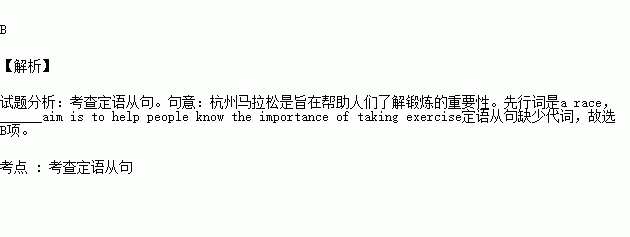题目内容
Hangzhou marathon is a race _______aim is to help people know the importance of taking exercise.
A. where B. whose C. which D. that
Kids Wall Art
Large wall posters for kids. Your kids will love these cool posters by artist Carla Daly. Your kids will enjoy decorating their bedroom walls with these posters and their friends will think they are the coolest!
Name: ABC Wall Art Size: 44×72cm (17.5″×28″) Time: 9:00 am every day Prices: $ 6.8/piece Colorful ABC art for your kids’ bedroom and playroom. A fun, educational art piece that all kids will enjoy. Kids and babies will love learning their animals and the ABC at the same time! |
Name: Kids World Map Size: 45×75cm (17.5″×29.5″) Time: 2:00 pm on Wednesday Prices: $ 7.2/piece A colorful, large print by artist Carla Daly. Your kids will love this world map showing the lands, oceans and the fun animals that live in them. An educational ma |
Name: Skateboard Park Size: 44×60cm (17.5″×23.5″) Time: 9:00 am on weekends Prices: $ 8.8/piece Fun zebra children’s wall art! Children and kids will love these fun animals enjoying this popular kids’ sport. Boys and girls will enjoy decorating their bedroom walls with this colorful bedroom wall art. |
Name: City Slickers(城市佬) Size: 44×55cm(17.5″×23.5″) Time: 2:00 pm every day except Friday Prices: $ 6.5/piece Cute kids wall art of two cool giraffes taking a drive through the city, unusual, fun style for kids’ walls! Your kids will love this fun giraffe wall art. Boys and girls will have fun decorating their bedroom walls with this colorful bedroom wall art. |
1.Jane , who would like to buy a poster with the size of 45×75cm, will probably buy ________.
, who would like to buy a poster with the size of 45×75cm, will probably buy ________.
A. ABC Wall Art B. Kids World Map
C. Skateboard Park D. City Slickers
2.David plans to buy two posters. He should at least take ________ with him.
A. $ 15.3. B. $ 14. C. $ 12. D. $ 13.3.
3.Which of the following is TRUE according to the passage?
A. Kids can find two cool giraffes on Skateboard Park.
B. Kids can just learn some English letters on ABC Wall Art.
C. Kids can enjoy fun zebra children’s wall art on City Slickers.
D. Kids can get some geography knowledge on Kids World Map.

